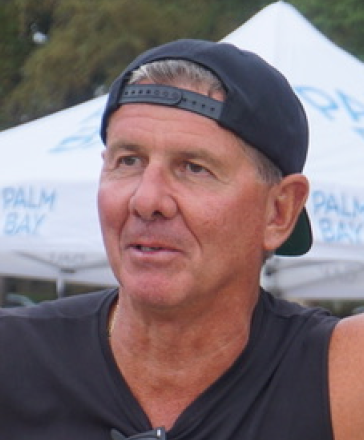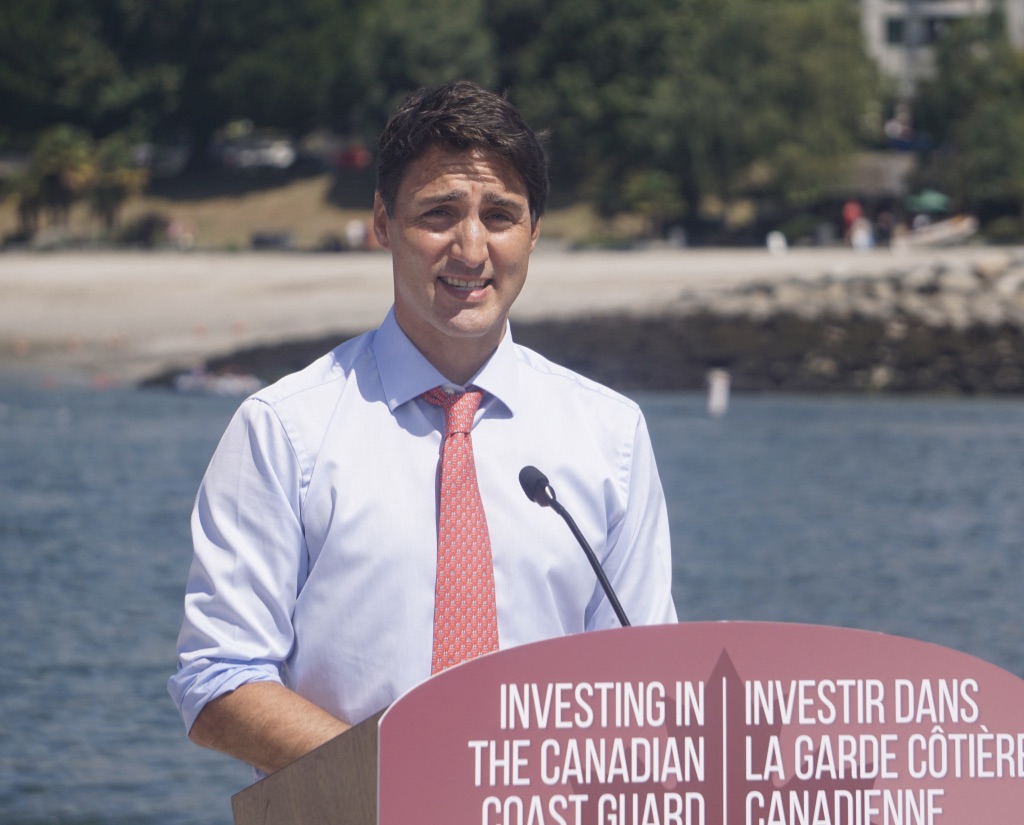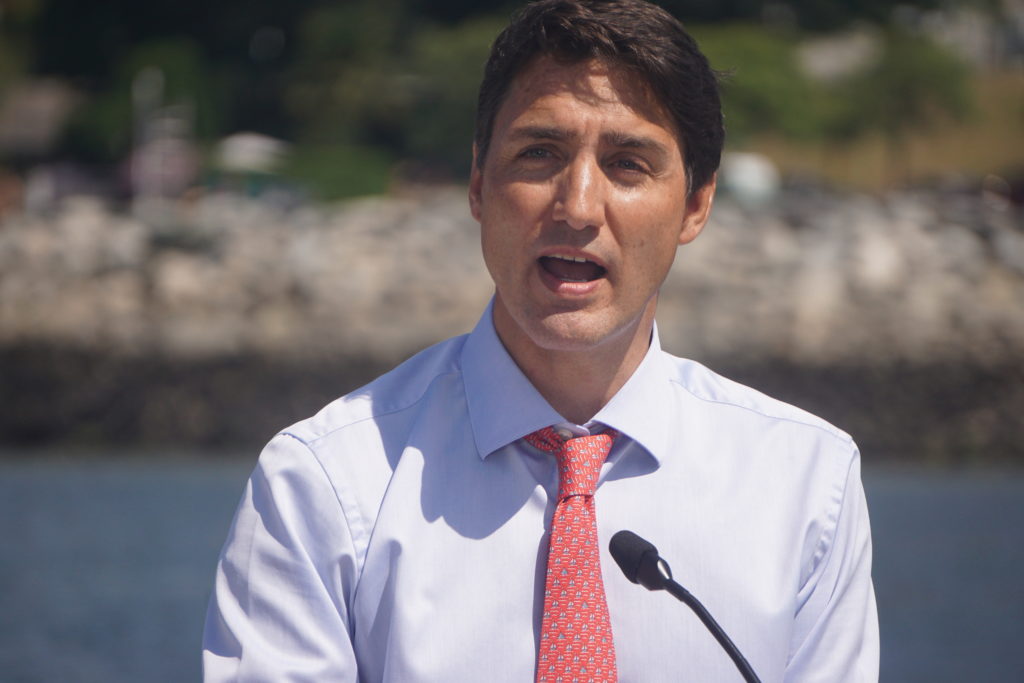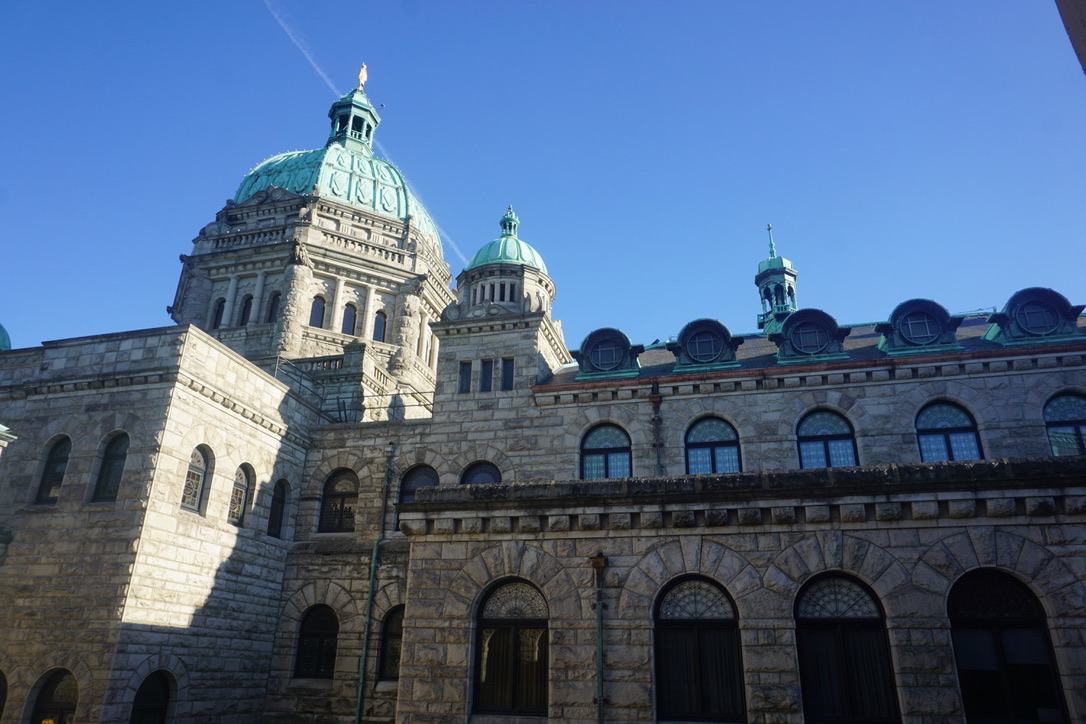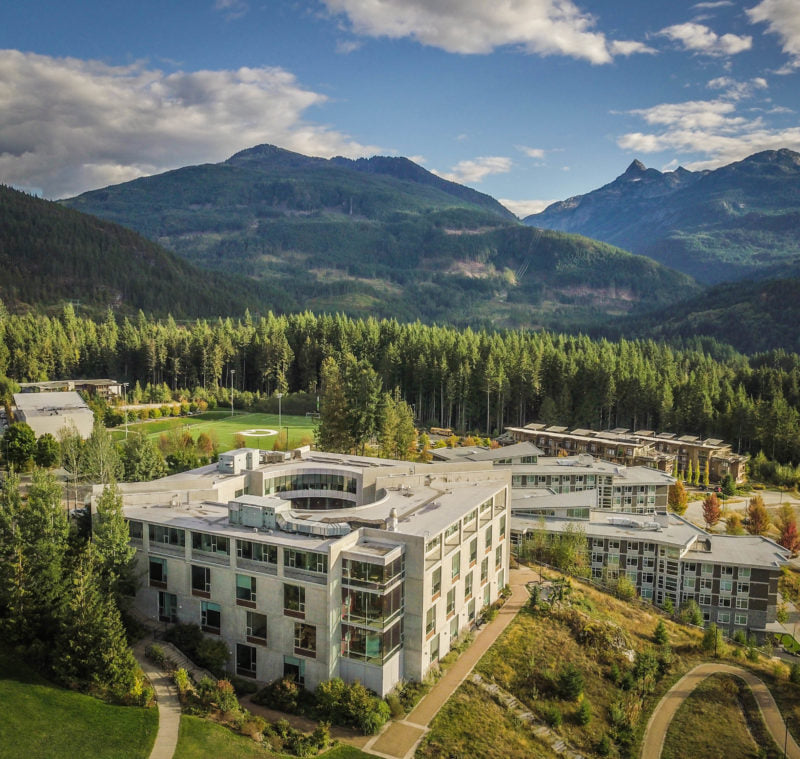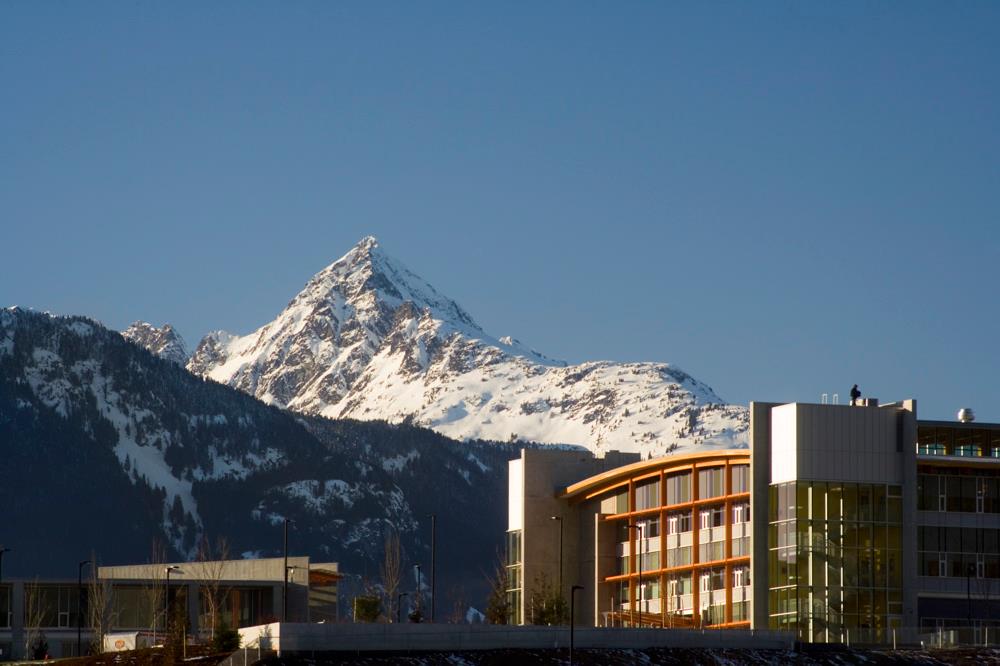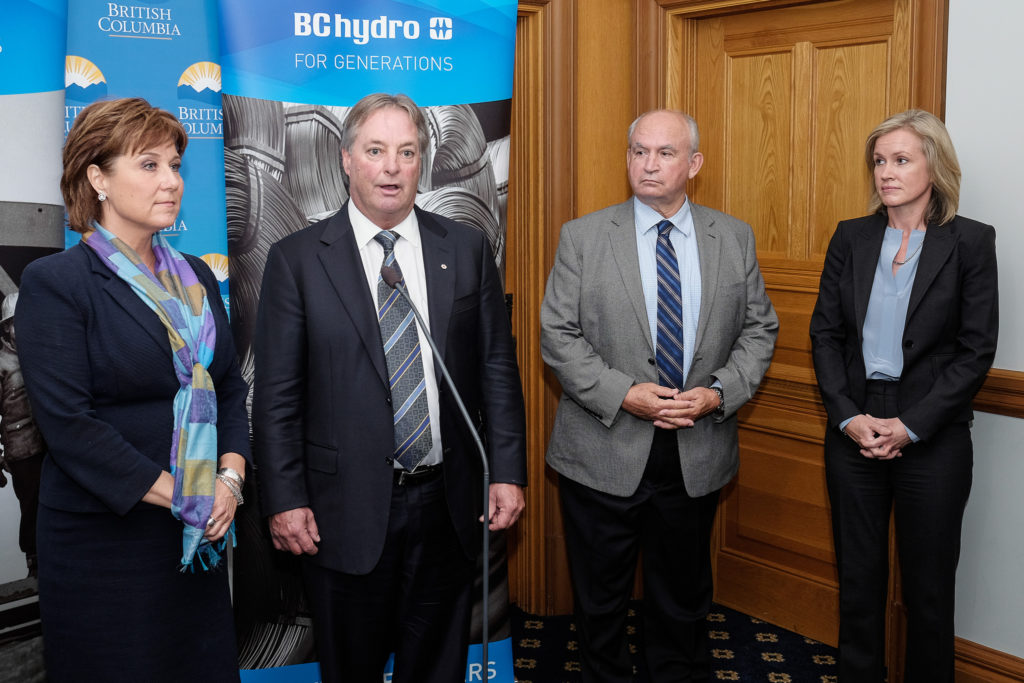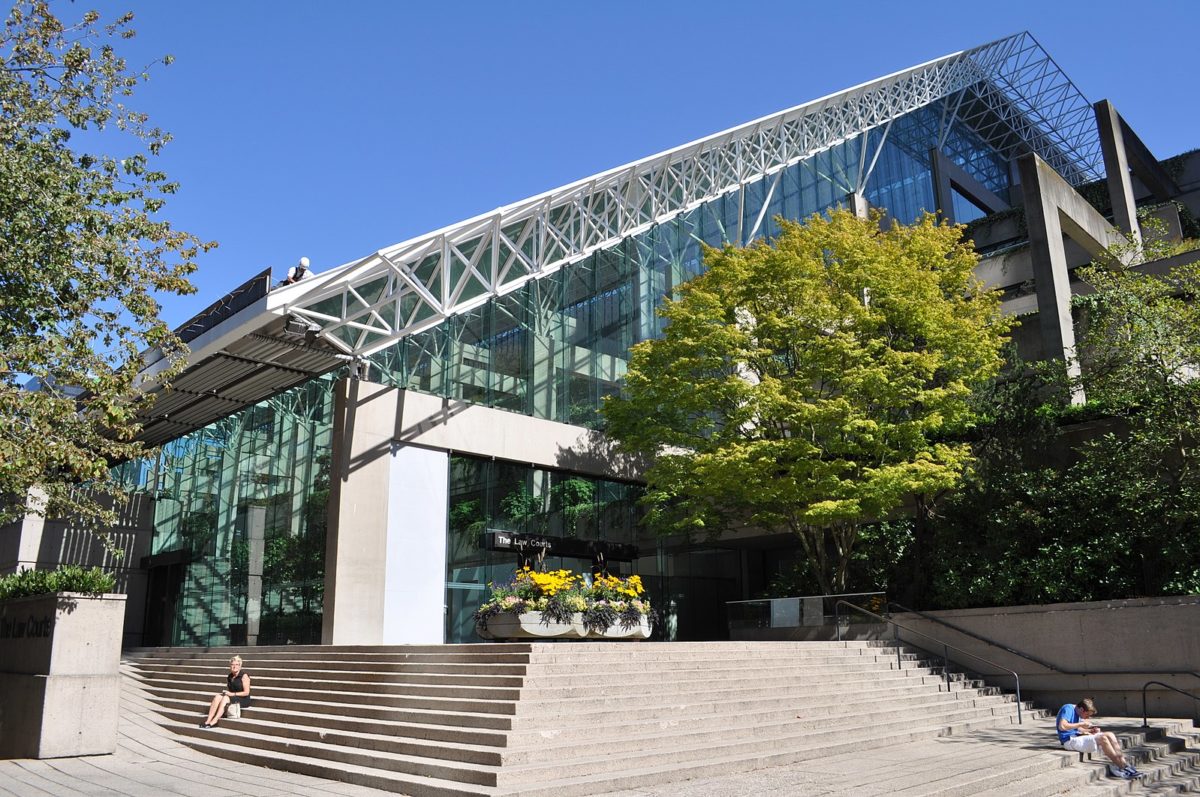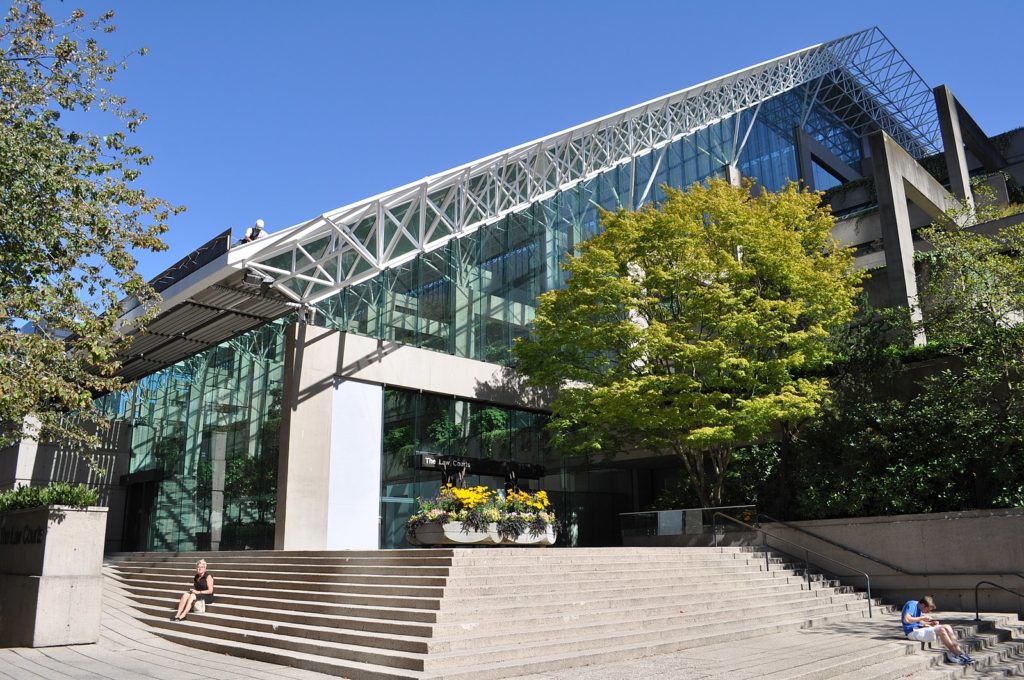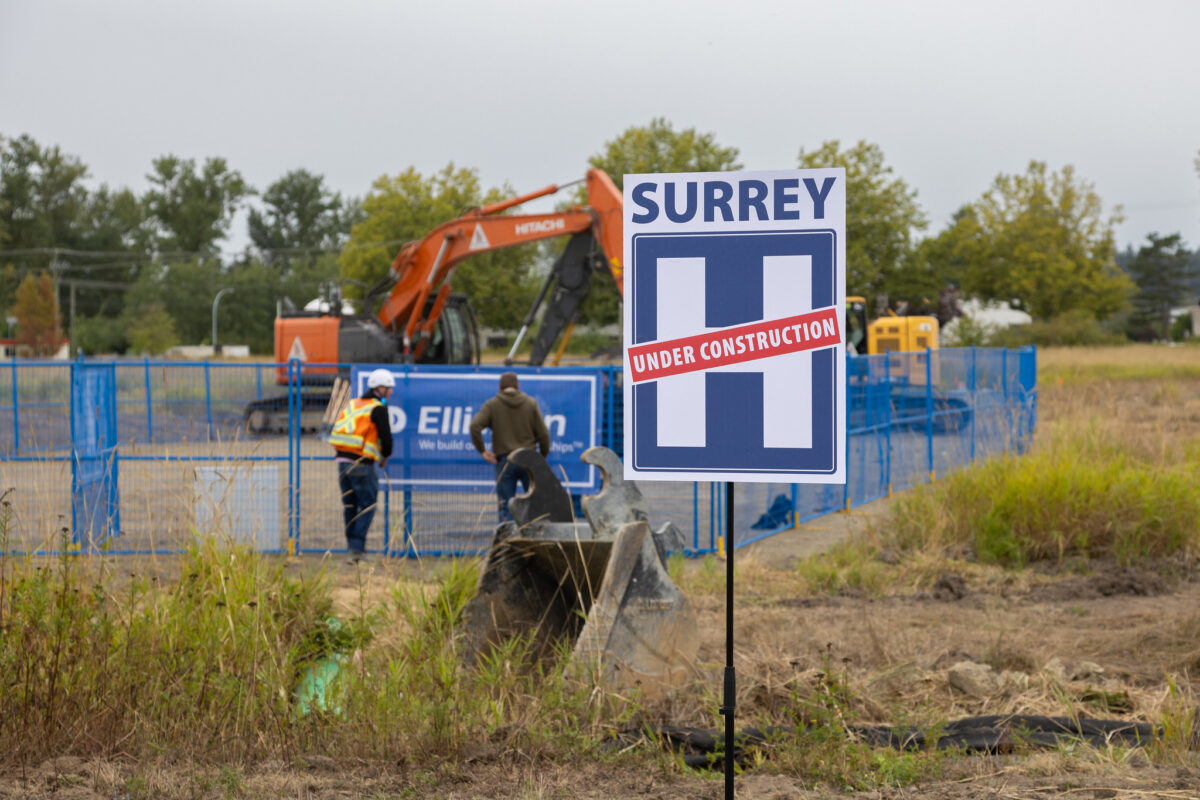Calgary Police Service looks to Metro Vancouver to bolster its ranks
Bob Mackin
The Calgary Police Service came to the Lower Mainland on a recruiting mission, despite area forces already in the market for officers.
The force in the “Stampede City” advertised on CKNW for its Oct. 3-4 attendance at a career fair in New Westminster’s Anvil Centre and an information session on the same day in Surrey, where job uncertainty remains for both RCMP and municipal officers.
The Calgary Police Service did not make anyone available for an interview. Instead, Pam Lipsett in the media relations unit sent a prepared statement.

Calgary Police/Facebook
“It is common practice for organizations to attract candidates from across the country,” read the statement. “Policing is a niche career choice, and law enforcement agencies commonly recruit nationwide to broaden the talent pool to ensure that the most highly qualified people are selected for the role.”
The force’s website touts a starting salary of $67,885 rising to $104,439.24 after five years, plus a 25-year pension plan and health benefits package.
Kash Heed, a Richmond city councillor, former B.C. Solicitor General and former West Vancouver Police chief, said Calgary is the most-assertive recruiter in Canada and credits Chief Mark Neufeld, a former Vancouver Police constable.
“It’s a common practice, the applicant pool is so shallow in Canada, that we’ve got every major police agency across the country that’s recruiting all across Canada and not necessarily just in their home jurisdiction,” Heed said. “So I’m not surprised that they’re coming here. In the past Vancouver has actually gone to Alberta to recruit people for the police department. So Calgary coming out here is par for the course.”
Heed said Calgary can obviously offer a lower cost of living than Vancouver, but the force’s management philosophy and equipping of officers is more-advanced than other cities.
In July, Brian Sauve, president of the RCMP officers’ union, the National Police Federation, wrote an open letter to Premier David Eby, calling for a hiring spree because the Mounties were 242 shy of its 2012 quota of 2,602 officers.
Surrey Police Service, which got Solicitor General Mike Farnworth’s nod in July to eventually take over from the RCMP in Surrey, has 389 officers and 58 civilian staff.
“Canadian police agencies are looking for good people to join. Many including Surrey Police Service look to recruit from out-of-province and across Canada, as well as locally,” SPS media liaison Ian MacDonald said. “Ultimately, we support policing and individuals who have chosen policing as a profession. We understand that each agency will look for individuals who will be the best fit for them, regardless of where they currently work or reside.”
Vancouver Police Chief Adam Palmer told the police board that his department had hired 100 new officers as of its Sept. 21 meeting date. Palmer said he had sworn-in 70, while 24 had been lured from other police forces.
“I just want to dispel some myths that you hear about police recruiting because they hear people always talking all around North America, how they can’t get applicants and they can’t find people and all this kind of stuff,” Palmer said.
Palmer said applications from new officers are up over 50% and applications from experienced officers from other departments across Canada are up over 700%.
“So we’re definitely bucking trends,” Palmer said, adding that the VPD also hired 40 special municipal constables for its “farm team,” to act in community safety, jail guard and traffic authority roles.
ABC Mayor Ken Sim, who also chairs the police board, ran on a platform in the 2022 election to hire 100 new officers.
VPD public information officer Sgt. Steve Addison said the current authorized strength is 1,483 sworn officers and the force expects to hire dozens more to account for retirements.
“We’ve traveled around the province this year to connect with new recruits and have hired a number of exempt officers from other agencies within B.C. and around Canada,” Addison said.
Support theBreaker.news for as low as $2 a month on Patreon. Find out how. Click here.
Bob Mackin The Calgary Police Service came to







